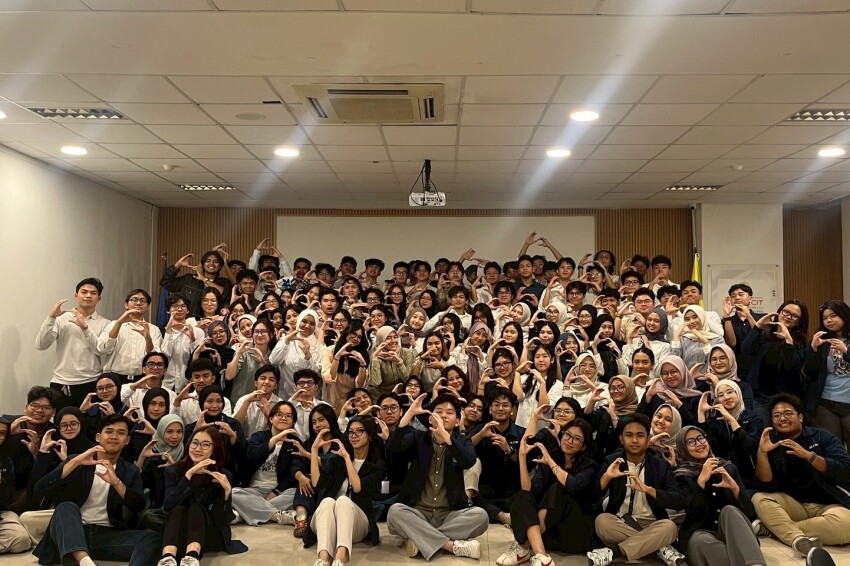Students/Education
The chapter recently welcomed 113 new officers as it looks toward organizational growth and strategic rebranding in 2026.
Young professionals aim to demystify Drillbotics for students and early-career engineers by offering practical insights into the technical, organizational, and decision-making challenges encountered throughout the competition.
The $1-million grant will establish a multidisciplinary research hub combining geomechanics, fluid dynamics, advanced reservoir characterization, and artificial intelligence.
-
When it comes to oil, it’s no longer just a man’s world. Career in recent years has become important to women. Today, women can be seen in research and development, production, consulting work, and even in field jobs. Women are climbing the corporate ladder and starting to fill top executive positions. As a woman, I have learned many lessons in my short tenure in the …
-
When I was asked recently how women choose the companies for which they work, I responded that women choose employers in a similar fashion as men do: they look at the compensation package, the scope of the job, the opportunities for upward mobility, and whether the company has a good reputation in the industry. Often, they also look around to see if there are women ex…
-
SPE Foundation receives a bequest from Professor Nico Van Wingen.
-
The Aberdeen Young Professionals (YPs) Section held its inaugural Thesis Factory event at Robert Gordon University in Aberdeen in February, aimed at postgraduate students undertaking masters’ degrees in various energy engineering courses at the school. The objective of the Thesis Factory was to improve the quality of thesis topics selected by the postgraduate students…
-
Did you know that SPE currently has 18,000 student members worldwide, and approximately a quarter of those are graduating seniors? How can SPE illustrate to each of them the value and benefit of continuing their SPE membership in their professional careers? One answer that has proved successful for the SPE Gulf Coast Section (GCS) is the annual Young Professional (YP)…
-
The oil and gas industry of tomorrow is shaped by today’s students. In this survey, current students and young professionals (YPs) share their thoughts on the energy industry, the role of their education, and their relationship with SPE.
-
The SPE Student Development Committee (SDC) was born 40 years ago, although under a different name. While its name has changed, its mission has remained the same: to encourage students to develop and enjoy the advantages of SPE membership. The SDC, which is composed of SPE volunteers, recommends student programs to be initiated at the global society level and works wi…










